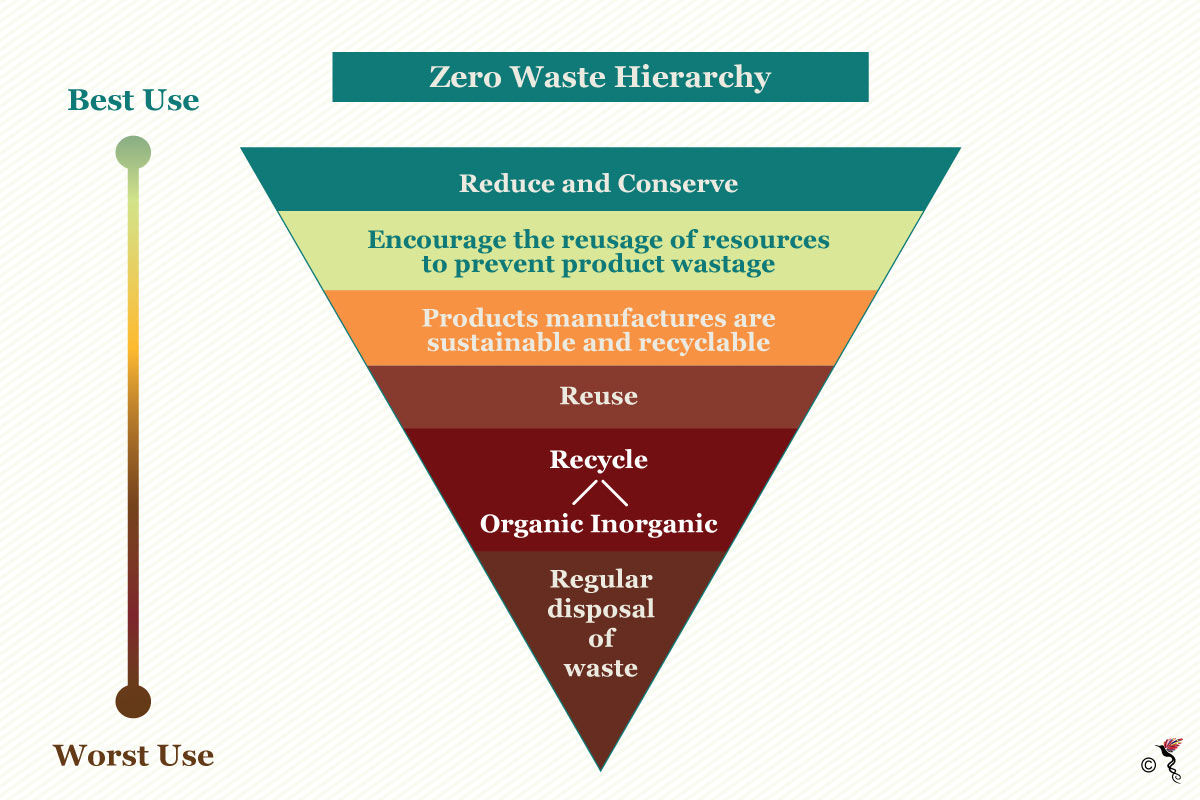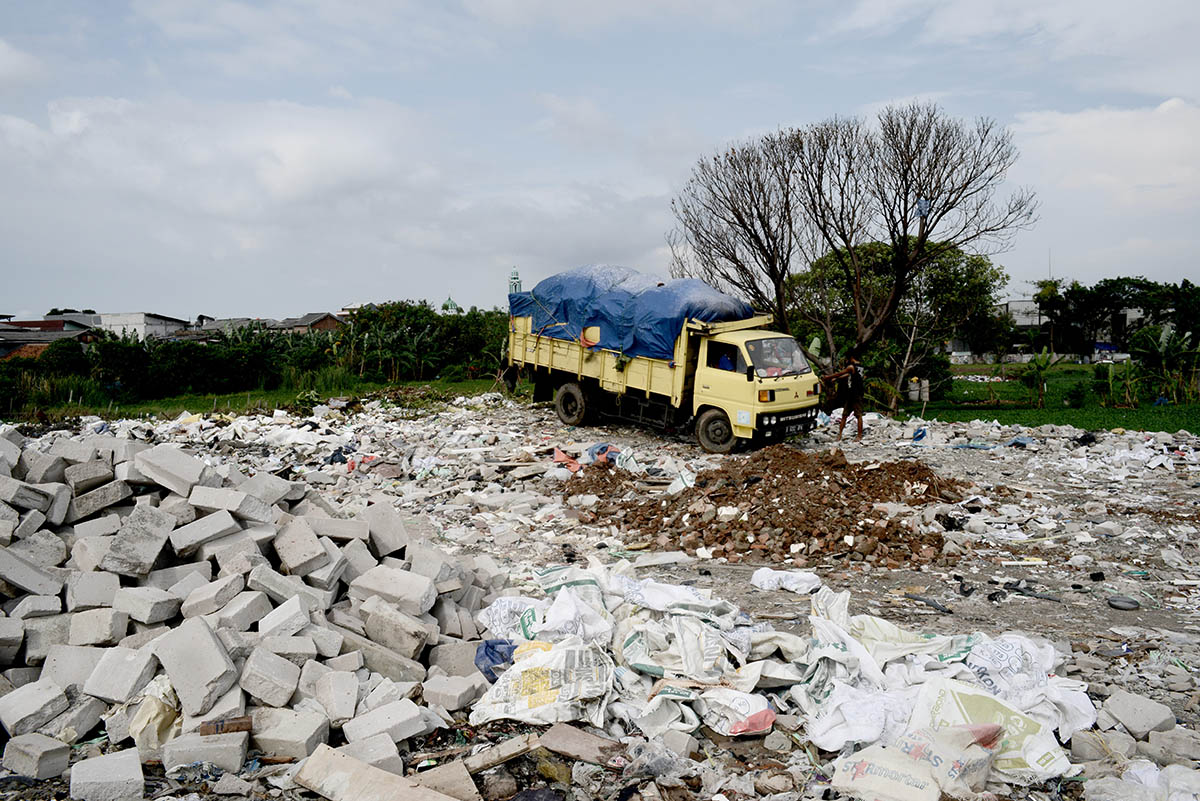Southeast Asian nations have become increasingly concerned over environmental issues in recent years as the region has become more polluted due to rapid urbanisation and deforestation. As a whole, the region has to deal with transboundary haze pollution, depletion of natural resources and urban environmental degradation. According to a report published by McKinsey & Company, 60 percent of all plastics found in global waters originated from China, the Philippines, Thailand, Vietnam and Indonesia. It is also deeply concerning that four of the countries are part of the ASEAN regional bloc.
Conferences such as the US-ASEAN conference on Marine Environmental issues, Our Ocean conference, Responsible Business Forum (RBF) on Sustainable Development and the 14th ASEAN Ministerial conference on the Environment are some of the major dialogues organised to address the issues of pollution in Southeast Asia over the past two years. These roundatable conferences were set up to formulate a solution for environmental issues faced by ASEAN nations such as ocean pollution, transboundary haze, as well as pollution caused by disposable plastics and non-degradable waste. One of the many solutions that were conceived in these dialogues is widely known as the Zero-Waste movement.
The Zero-Waste movement is an eco-friendly philosophy founded in the 1970’s wherein a person learns to reduce and reuse their resources in order to reduce environmental problems created from incineration and landfills. The entire movement involves reducing consumption, minimising the amount of waste, promoting composting and recycling while ensuring that the products that are utilised are environmentally friendly and bio-degradable.

The "Zero Waste Hierarchy".
Many countries within the ASEAN regional block have already begun practising the Zero-Waste lifestyle in isolated parts of the country. Miko Aliño, the Zero-Waste Program Associate of the Global Alliance for Incinerator Alternatives (GAIA) Asia Pacific, told the ASEAN Post in an email correspondence, “Zero-Waste is already happening in Southeast Asia. Several ASEAN cities have adopted zero waste (or pieces of it) in their waste management. In the Philippines, local governments look to the City of San Fernando as the zero waste model in the country. Many cities such as Malabon, Tacloban City and General Mariano Alvarez also made commitments towards zero waste. In Indonesia, three cities in Metro Bandung – Bandung, Cimahi and Soreang – have started to pilot zero waste projects in selected villages. In Malaysia, meanwhile, Penang is piloting zero waste in several residential apartments and schools.”
While these Zero-Waste operations are being deployed in isolated areas across the region, they are slowly improving the quality of life of citizens living in Southeast Asian nations. However, ASEAN should push for greater accountability while promoting a pollution-free environment as a united front.
Renae Verboon, the owner of a zero-waste blog titled "Zero Waste World" and the project manager of a non-profit organisation named The Seeds of Bantar Gebang (BGBJ), explained to The ASEAN Post, “ASEAN should introduce eco-friendly alternatives into their countries as soon as possible. Plastic pollution is worsening every day, and is an issue that cannot be ignored if ASEAN countries take environmental protection and sustainability seriously. Eco-friendly alternatives will drastically help to reduce the mass of solid waste – initiatives like plastic restrictions, better municipal waste sorting systems to target organics recovery, and increased recycling will help. These developments are most certainly possible, but not in the near future.”
